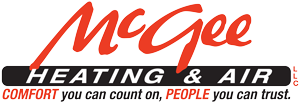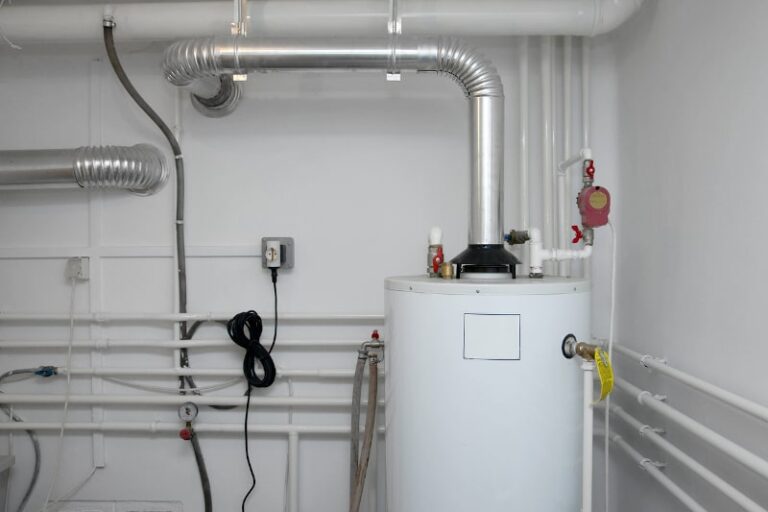Have you noticed that your furnace in Anderson, SC, is leaking water? It’s not an ideal situation, but you don’t have to panic and worry. After you’ve identified the source, an HVAC professional can work swiftly to fix your leaky furnace and keep your heating functioning properly. Let’s look at some of the most typical causes of furnace leaks.
Condensation Leaks
Condensation is the most prevalent source of water near high-efficiency furnaces. The main causes are blocked condensation tubing, breakage in the condensation lines or problems with your condensation pump.
However, keep in mind that a standard-efficiency heating system shouldn’t produce condensation. If it does, it’s likely due to an inappropriately sized flue pipe. The hot emission cools and condenses in the pipe, causing it to flow back to your furnace and spill out.
Broken Humidifier
Your non-condensing heating system has a humidifier that creates moisture by using the water that goes into it. A clogged or leaking humidifier might be the source of the leaking water.
An HVAC specialist can repair your furnace, but first, they must check it to determine whether your system comes with a built-in humidifier. If your humidifier is leaking, you should call a repair service right away to avoid or eliminate the risk of water damage.
Clogged Drain
Your furnace could leak even while it’s not operating. If your air conditioner is still running and uses the same internal drainage as your heating system, an internal drainage system clog might be transferring water to your furnace.
For all your heating needs, contact our team at McGee Heating & Air Inc. We also provide air conditioner installation, indoor air quality services and HVAC maintenance. We would gladly assist you by sending a friendly service technician to diagnose and fix your HVAC issue.
Image provided by iStock

